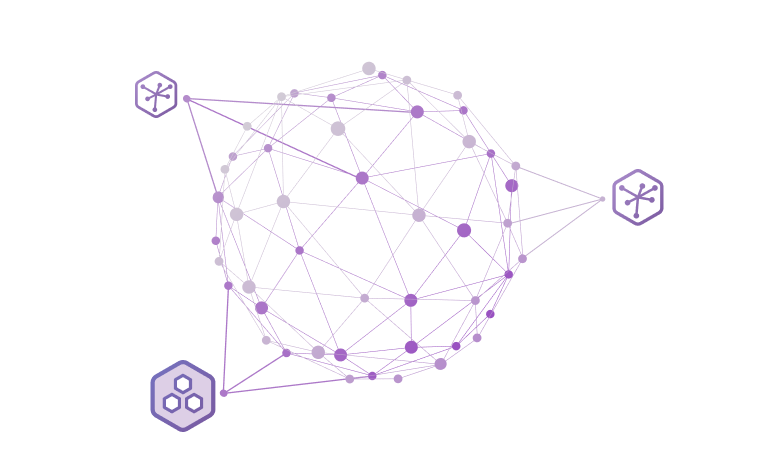Compliance Is Possible with the Right Provider
Because today’s companies operate in the cloud, they can reach a global audience with ease. At any given moment, you could have customers from Indiana, Indonesia, and Ireland using your services or purchasing your products. With such a widespread customer base, your business data will inevitably cross borders. What does this mean for data privacy, protection, and compliance?
If your company deals with customers on a global — or at the very least, multi-national — scale, then understanding the concept of data residency is essential. Data residency deals with the laws and regulations that dictate where data must be stored and managed....


